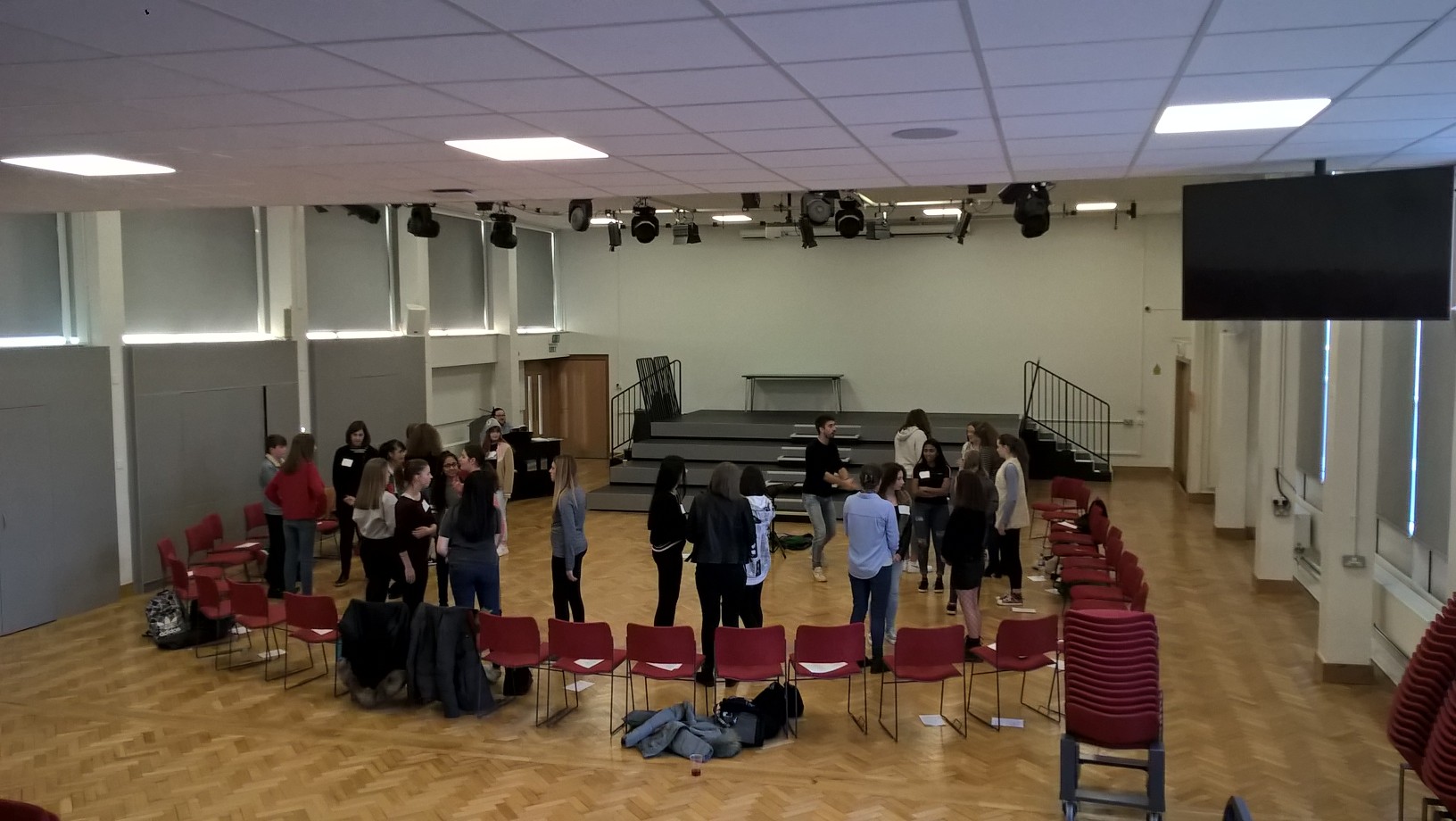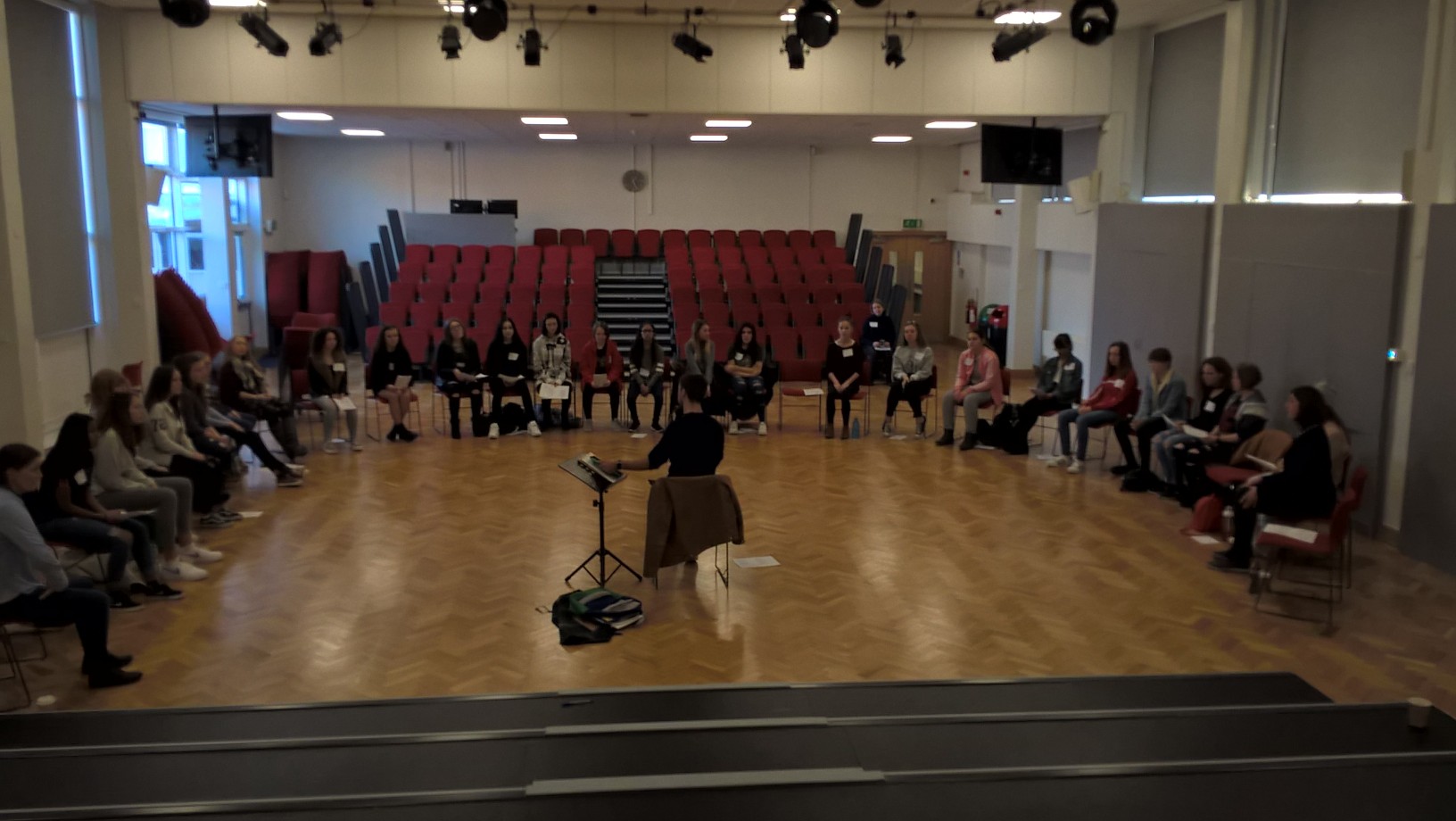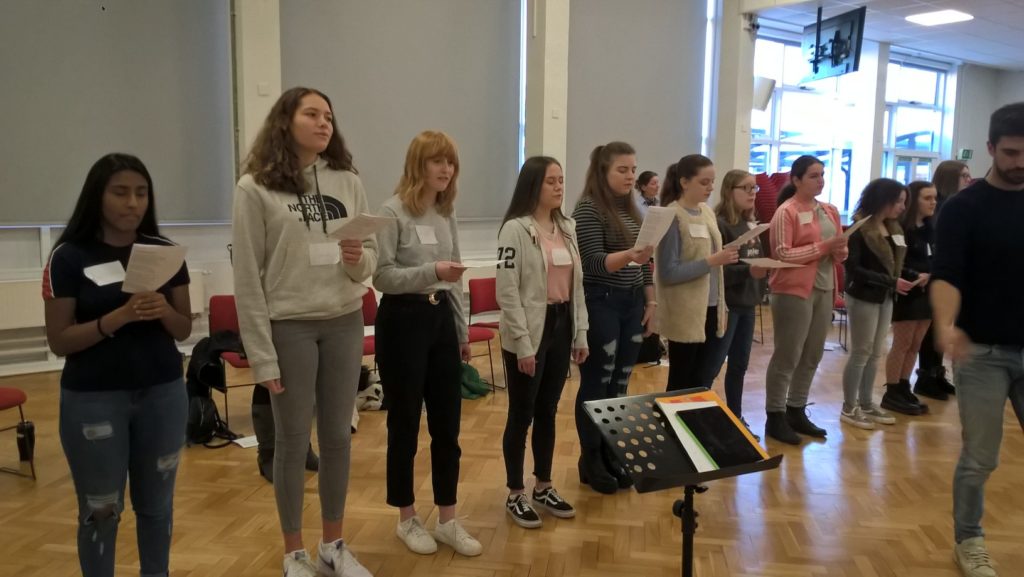This Vocal Strategy document is intended for Edsential Musical Routes Tutors, Headteachers, Senior Leadership Teams and Music Leaders. It contains:
- Information about the Hub’s own strategic aims for high quality singing in schools and within our out-of-school provision, showing the vocal progression routes and vocal support on offer
- Detailed guidance to help schools to devise their own vocal strategies, and to ensure that there is high quality singing and a good vocal progression route within school.




